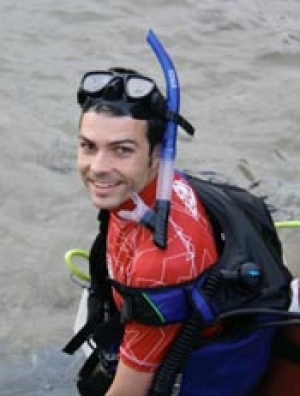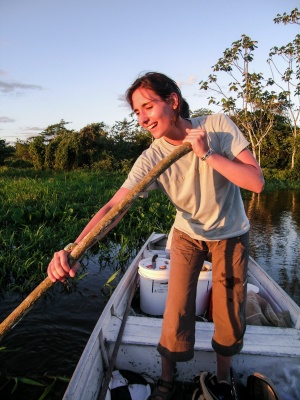Martelo, J., da Costa, L.M., Ribeiro, D., Gago, J., Magalhães, M.F., Gante, H.F., Alves, M.J., Cheoo, G., Gkenas, C., Banha, F., Gama, M., Anastácio, P.M., Tiago, P.M. & Ribeiro, F. (2021) Evaluating the range expansion of recreational non-native fishes in Portuguese freshwaters using scientific and citizen science data.
BioInvasions Records,
10(2), 378-389. DOI:10.3391/bir.2021.10.2.16 (IF2021 1,672; Q3 Biodiversity Conservation)
Updating information on the distribution of recently introduced and other poorly known non-natives is essential to prevent and control their spread and better address biological invasions. Here, we combine scientific and citizen science data to update the distribution of five recently arrived (i.e., < 25 years), non-native fish species (Alburnus alburnus, Ameiurus melas, Rutilus rutilus, Sander lucioperca and Silurus glanis) and one rare, longer established (i.e., > 50 years), non-native (Esox lucius) in Portugal. These species have been increasingly targeted by recreational fishermen, thus likely expanding their distribution. Specifically, we obtained distribution maps for each species, based on data gathered through a comprehensive search for records in 1) scientific literature, 2) unpublished reports of research projects, and 3) citizen science databases. We gathered 443 valid records, of which 64% were from citizen science data, mainly provided by recreational fishermen. Data highlighted that all species have expanded their distribution in the last 20 years, with high numbers of new records for A. alburnus, S. lucioperca and S. glanis, mostly located in the Tagus, Guadiana and Douro river basins. Changes in species distributions reflected dispersal within invaded basins and colonisation of previously unoccupied drainages. Integrating citizen science with scientific data provides an effective framework to understand non-native species introduction and spread, stressing the need for increasingly encourage and engage recreational fishermen in information sharing.





